1-1. 한국(한국은행 자료)
1-2. 미국(금감원 자료)
1-3. 호주(RBA)
1-4. ECB
1-5. 영국(BOE)
1-6. 중국(중국인민은행)
Ⅱ. 개괄적인 각국의 대응책 종합
Ⅲ. 각국 통화정책의 최근 기조
3-1. 금리 인상 국가(호주, 이스라엘)
3-2. 금리 동결 국가(한국, 미국, 영국, ECB)
3. 호주의 초기 대응
Reserve Bank of Australia
Minutes of the Monetary Policy Meeting of the Board
Sydney - 7 October 2008
Considerations for Monetary Policy
The paper prepared for the Board recommended a large reduction in the cash rate, of at least 50 basis points, with the amount to be subject to review in light of any events occurring between the preparation of the paper and the time of the meeting. In the event, the recommendation put to the Board at the meeting was for a reduction of 100 basis points, to 6.0 per cent.
The key factors for members’ consideration were the sharply worsening conditions in international financial markets during September and the consequential deterioration in the global economic outlook. Prices in global asset markets had fallen sharply and growth in credit in the major economies had slowed to unusually low rates. These developments meant that households and businesses in many countries would have difficulty accessing funding and that global economic activity, which had already slowed significantly, would probably slow further. Members noted that forecasts of growth in GDP in both developed and developing economies were, therefore, in the process of being revised down, particularly for 2009. Members also noted that Australian financial markets were being affected to a lesser extent than in many other countries, given the relative strength of the domestic banking system. Nonetheless, the deterioration in the outlook for global economic activity posed downside risks to the domestic economy.
Members observed that, domestically, the path of economic activity had to date evolved in line with the Board’s previous expectations, with the needed moderation in demand occurring. However, the latest economic data predated the onset of the current bout of financial market turmoil. The June quarter national accounts had presented a picture of weak consumption and strong investment, with the aggregate growth of demand slowing. While investment spending had been strong over the year to the June quarter, and stated expectations by firms in July and August had been for further strength in the year ahead, it was becoming more likely that these intentions would be scaled back. Members noted that the expansionary effects of the recent surge in Australia’s terms of trade were still being felt. With the world economy clearly slowing, however, and many commodity prices now having fallen significantly from their peaks, the external stimulus to Australian incomes and demand was expected to fade over the year ahead.
Although the September quarter CPI, to be released before the next meeting, was likely to show an increase of around 5 per cent over the year, members noted that the current staff forecast was for inflation to start to decline in 2009. Moreover, the recent deterioration in global growth prospects, together with the more difficult market conditions even for creditworthy borrowers, increased the risk that demand and output could be significantly weaker than earlier expected. In that scenario, inflation would most likely fall faster than expected previously.
In view of the latest economic and financial market developments, members judged that the material change to the balance of risks surrounding the outlook for growth and



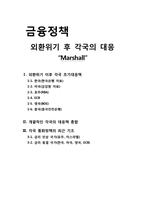
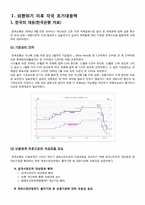
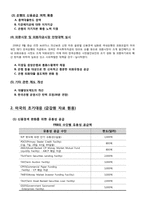
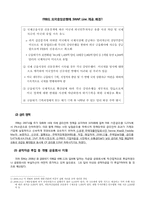
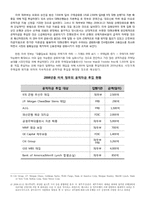
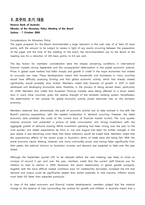
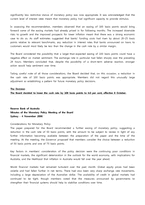
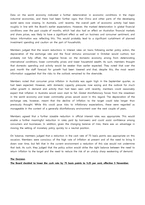
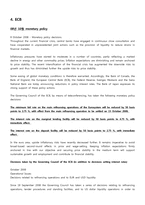
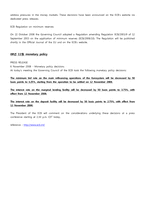
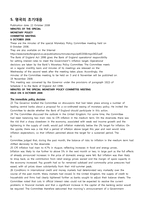
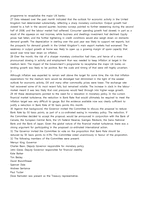
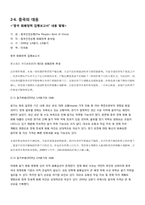
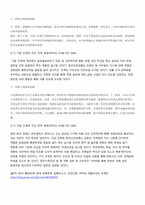
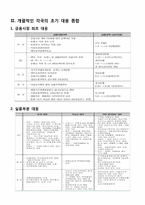
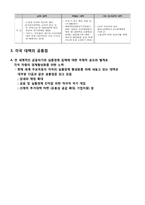
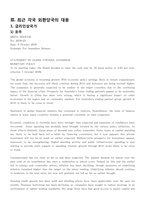
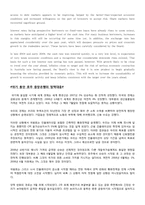
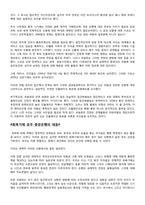
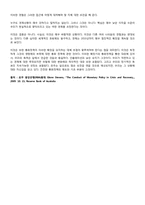
 분야
분야


